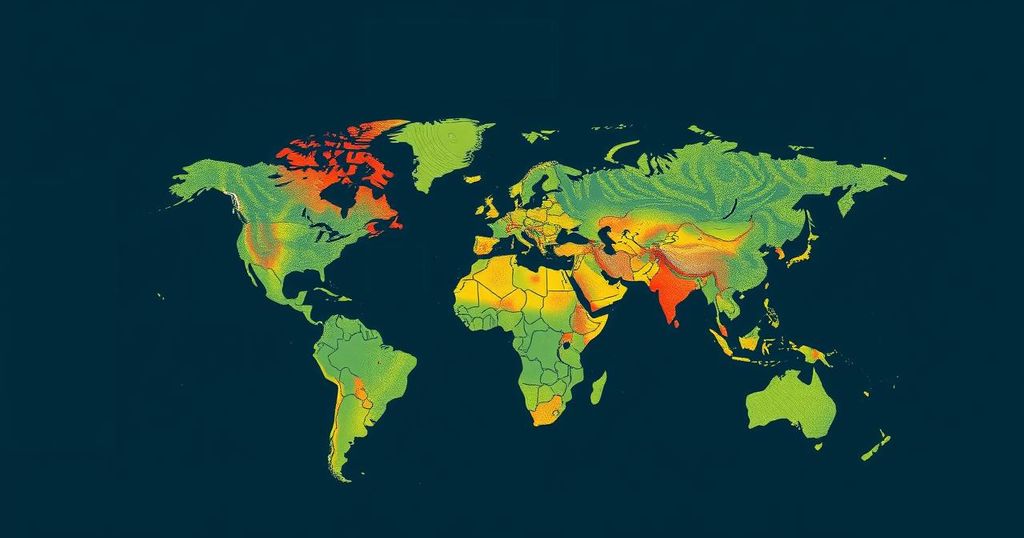The International Court of Justice has been requested by the UN General Assembly to provide an advisory opinion on the climate obligations of States due to the pressing challenges posed by climate change. This initiative, instigated by Pacific Island leaders and supported by various nations, aims to clarify international laws relevant to climate responsibilities. The process is set to unfold with substantial submissions and hearings, culminating in an expected opinion in 2025, potentially catalyzing significant advancements in climate justice and accountability.
The urgency of the climate crisis demands immediate action as extreme weather events increasingly jeopardize the rights and livelihoods of individuals across the globe. Despite the long-standing awareness of these threats, there remains a significant disparity between the climate policies of nations and the scientific standards necessary to mitigate climate degradation. In response, the International Court of Justice (ICJ) has become involved, as evidenced by a recent UN General Assembly resolution that requests the Court to offer an advisory opinion on the obligations of States regarding climate change. This initiative was driven by the concerted efforts of Pacific Island students, regional leaders, global activists, and a coalition of States, notably including Vanuatu and others. The ICJ’s involvement, accompanied by similar proceedings at the Inter-American Court of Human Rights, presents a critical opportunity to redefine States’ obligations under international law and foster climate justice efforts. An advisory opinion from the ICJ serves as a crucial legal interpretation issued upon request by the UN, designed to clarify the duties of States concerning climate change. The central questions posed to the ICJ include identifying the specific international obligations of States and the potential legal consequences for failing to comply with these responsibilities. Notably, legal clarity in this area has the potential to inform and improve national climate policies, thus catalyzing a more vigorous global response to climate challenges. The timeline for the process is noteworthy, commencing with the UNGA resolution adoption on March 29, 2023, followed by significant submissions from States and international organizations throughout 2024, culminating in anticipated oral hearings in December 2024 and a final opinion expected in 2025. The implications of a robust advisory opinion are profound, offering a pathway to hold States accountable for their contributions to climate change, potentially influencing domestic legal frameworks and international climate negotiations positively. The Center for International Environmental Law (CIEL) has been actively involved in these proceedings by preparing legal submissions that define and outline State obligations concerning climate harm. Through strategic engagements and collaborations, CIEL aims to amplify public support for the ICJ’s advisory opinion, acknowledging the necessity for a robust legal framework to ensure climate accountability.
The climate crisis represents a formidable challenge, manifesting through extreme weather conditions and detrimental impacts such as rising sea levels and biodiversity loss. Efforts to combat these issues have often been hampered by insufficient State commitment and lagging policies. In March 2023, the UN General Assembly recognized this gap and called upon the International Court of Justice to clarify the legal obligations of States in relation to climate change. Such a clarification seeks to establish a solid legal foundation that can enhance accountability mechanisms globally while fostering collective action toward climate justice.
In conclusion, the forthcoming advisory opinion from the International Court of Justice represents a pivotal moment for global climate governance. By elucidating the legal obligations of States, this initiative aims not only to enhance accountability but also to inspire higher ambitions and collective strategies to combat climate change. The Center for International Environmental Law plays a crucial role in shaping the discourse and legal strategies surrounding these proceedings, reinforcing the importance of legal frameworks in the pursuit of climate justice.
Original Source: www.ciel.org







